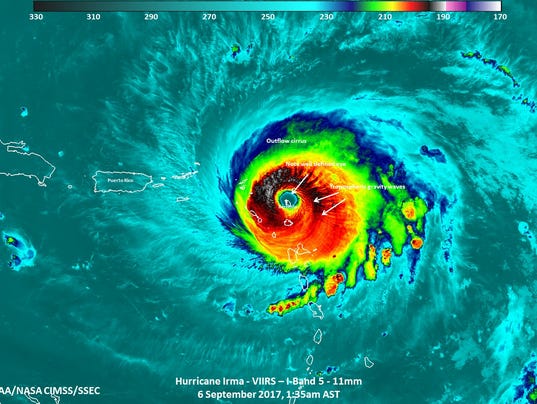I don’t know what I think
until I read what I say.
~Flannery
O’Connor~
This observation by
author Flannery O’Connor rings true to anyone who harbors a vague feeling of
anxiety for no identifiable reason.
“Worrying is like
walking around with an umbrella
waiting for it to rain.”
~Wiz
Khalifa~
Even though they are
living in a comfortable rut—let’s say, they are financially secure, their
health is good, their family is intact—they can’t deny the knot in their gut or
the dull ache in their chest that suggests something is wrong. Or, maybe they wake
up every day with a sense of dread, exhaustion, sadness, or withdrawal that
screams “depression”, even though, as people tend to remind them, they have
nothing to be depressed about. After all, they have a steady job and a nice
home, their children are doing well, and their bills are paid. They should be
happy.
Still, the feeling is
always there…uncertainty, fear, emptiness, hopelessness. They just don’t know
why.
“These mountains you
are carrying,
you were only supposed to climb.”
~Najwa
Zebian~
This is where storytelling
comes in. Writing enables us to seek out and sort through memories, and to locate
them in time and space. It encourages us to name the gremlins that stalk us, to
label our fears, acknowledge our wounds, and reimagine our lives. We are no
longer the victims of some obscure fear or unacknowledged sorrow. We can claim
it and conquer it.
“The act of putting pen to paper
encourages pause for thought.
This, in turn, makes us think
more deeply about life…”
~Norbet
Platt~
Physicians do this for
every illness—from diabetes to heart disease to cancer. We ask about symptoms. We
search for causes and encourage our patients to do what they can to avoid or
eliminate them. We name the disease and suggest a course of treatment. If we
have done our work well, we alter the course of the illness. We take control of
it. We change the patient’s narrative.
This is storytelling at
its finest. It is also the goal in clinical practice and in narrative medicine.
When we write about illness, we revisit the initial injury. Perhaps it was a
childhood rape, or a tragic accident, or the loss of a friend or family member
we couldn’t face. By naming it, we confront it. The road to recovery leads us
to a new perspective or understanding of it. Then, when we read what we’ve
written, we finally know what we think.
Storytelling is the
very process by which we revisit, revise, and recover.
Revisit. Revise. Recover.
jan













